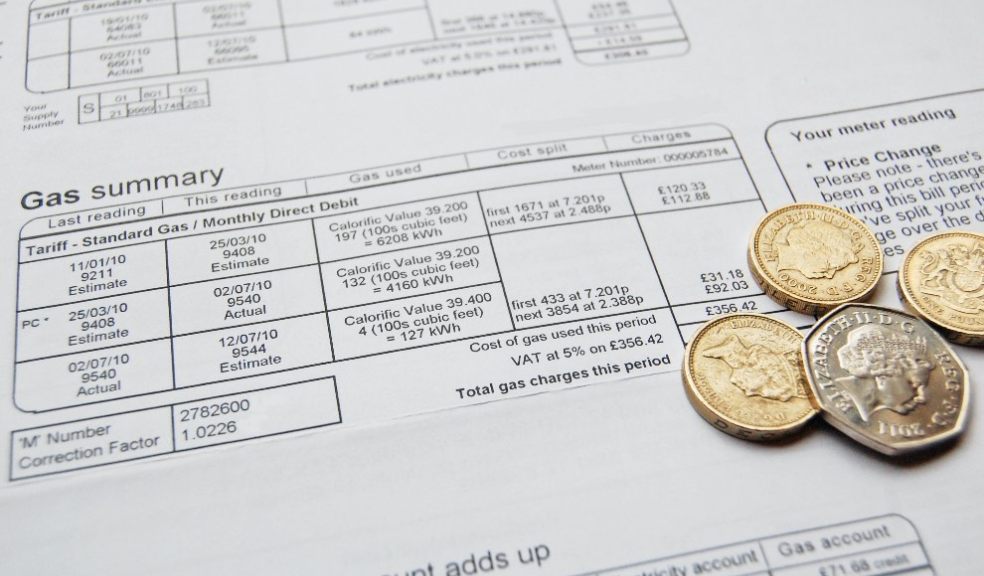
How to Save Money on Your Energy Bills
In the current economic climate, finding effective ways to save money is crucial for households across the UK. With energy bills on the rise, understanding how to reduce these costs can significantly impact your financial well-being. This guide provides practical tips and strategies to help you lower your energy expenses.
Understanding Your Energy Usage
The first step in reducing your energy bills is to understand how you consume energy. Monitor your daily routines and identify areas where you might be using more energy than necessary. For example, leaving lights on in unoccupied rooms or overusing heating systems can contribute to higher bills.
Smart Metering and Monitoring
Installing a smart meter is an excellent way to keep track of your energy usage. These devices provide real-time information about your consumption, enabling you to make informed decisions about where to cut back. Many UK energy providers offer smart meters free of charge, making them an accessible option for most households.
Cost-Effective Heating Solutions
Heating accounts for a significant portion of energy bills in the UK, especially during colder months. However, there are ways to keep your home warm without overspending.
Insulation and Draft Proofing
Proper insulation is key to maintaining a warm home. Ensure that your loft, walls, and floors are adequately insulated. Additionally, draft proofing doors and windows can prevent heat loss, making your heating system more efficient.
Thermostat Management
Managing your thermostat effectively can lead to substantial savings. Lowering your thermostat by just one degree can reduce your heating bills by up to 10%. It's also advisable to use a programmable thermostat to control heating times, ensuring that you're only heating your home when necessary.
Professional Maintenance
Regular maintenance of your heating system can improve its efficiency and lifespan. This is where a service like DP comes into play. They offer professional maintenance services that can help you ensure your heating system is running optimally, thus saving on energy costs.
Energy-Efficient Appliances and Lighting
Using energy-efficient appliances and lighting can make a big difference in your energy consumption. Look for the Energy Star label when purchasing new appliances, and consider replacing incandescent bulbs with LED lights.
The Role of Energy-Efficient Appliances
Modern appliances are designed to use less energy while providing the same level of performance. Replacing older, inefficient appliances can result in significant energy savings over time.
Lighting: A Bright Idea for Savings
Lighting can account for a noticeable portion of your energy bill. Switching to LED bulbs can reduce energy consumption by up to 80% compared to traditional incandescent bulbs. Additionally, remember to turn off lights when they're not in use.
Renewable Energy Sources
Investing in renewable energy sources, such as solar panels or wind turbines, can significantly reduce your reliance on traditional energy sources. While the initial investment can be substantial, the long-term savings and environmental benefits are considerable.
Solar Power: A Sunny Prospect
Solar panels convert sunlight into electricity, providing a renewable and sustainable energy source for your home. In the UK, government incentives and schemes may be available to help offset the cost of installation.
Wind Energy: Harnessing the Breeze
For those living in windier areas, small-scale wind turbines can be an effective way to generate electricity. Similar to solar power, wind energy is renewable and can lead to significant savings.
Smart Energy Habits
Adopting smart energy habits is essential for reducing your energy bills. Simple actions like turning off appliances when not in use, using energy-saving modes, and avoiding peak energy times can add up to significant savings.
Behavioural Changes
Small behavioural changes, such as washing clothes at lower temperatures and air-drying instead of using a tumble dryer, can reduce your energy consumption.
Utilising Off-Peak Tariffs
Many energy providers offer lower rates during off-peak hours. Take advantage of these tariffs by running appliances like dishwashers and washing machines during these times.
Empowering Your Finances
In conclusion, saving money on your energy bills is not just about cutting costs; it's about empowering yourself financially. By understanding your energy usage, investing in efficient solutions, and adopting smarter habits, you can take control of your energy expenses. These changes not only benefit your wallet but also contribute to a healthier environment, making them worthwhile endeavours for any household.




















